ECSO analytical reports provide in-depth analyses of the thematic objectives of Construction 2020 as well as other driving themes of the sector.
Analytical report focus on market conditions, drivers and thematic policy developments at the EU level. These reports constitute a useful tool for policymakers in supporting policy design at various levels of governance in Europe.

Thematic objective 1 'Stimulating favourable investment conditions' (TO1) aims to increase the inflow of public and private investment into the construction sector. This report provides a comprehensive analysis of the state of play of investment in the construction sector, identifying some of the drivers but also obstacles the sector faces in maintaining and increasing the level of investments. By looking into more depth at the policies and initiatives from the government and the industry, particularly regarding the residential, non-residential and infrastructure markets, this report provides lessons learnt and reflections on the potential policy directions for the development of the construction sector in Europe.
- ECSO document type
- Analytical Report
- ECSO focus area
- Investment, innovation and digitalisation
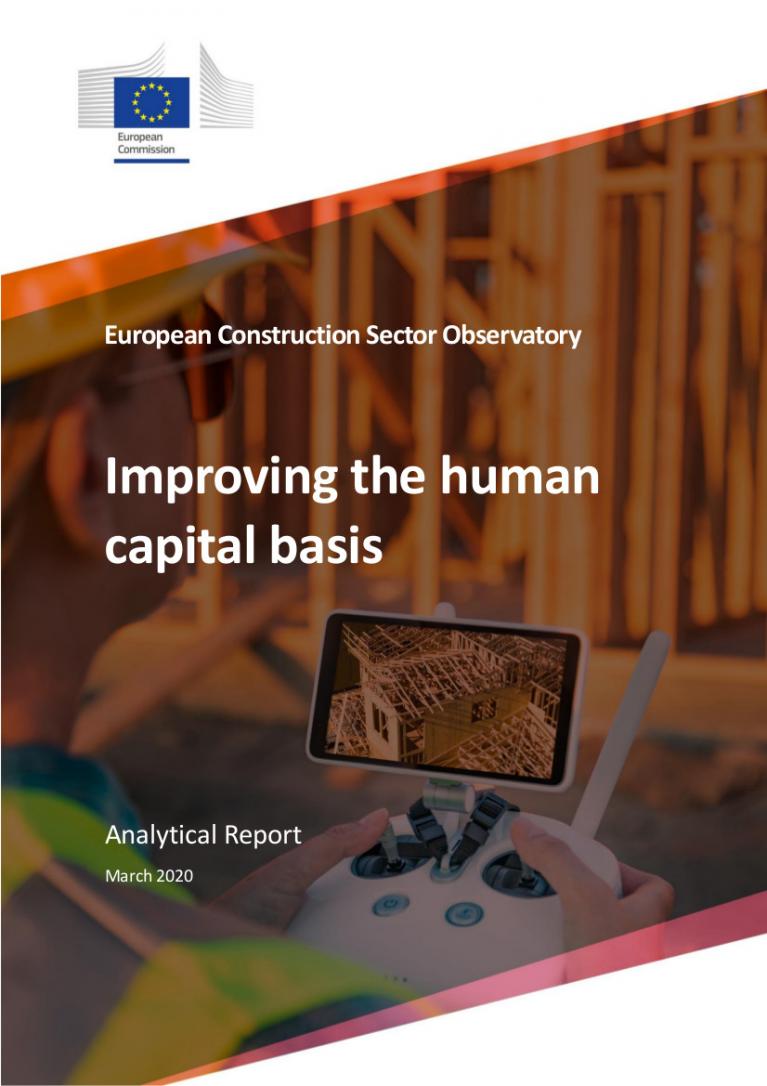
The report, which is an updated version of the 2017 analytical report 'Improving human capital basis', provides an overview of skills development in the EU construction sector. It looks at the factors that contribute to improving skills by highlighting both market trends and the influence of policies of energy and resource efficiency and digitalisation. The focus then shifts towards the challenges the sector faces in upskilling its workforce, and how policymakers, often in collaboration with the sector, address these issues by developing policy initiatives. Based on this analysis, the report provides insights and lessons to be learned regarding the workforce in the construction sector.
- ECSO document type
- Analytical Report
- ECSO focus area
- Human capital and skills
- Occupational safety and health

The report describes the current building stock's energy performance as well as the resource efficiency of the construction sector in the EU. While the regulatory at the EU and national level proved to be one of the key drivers to make construction more energy and resource-efficient, the sector still faces several challenges affecting and sometimes slowing down this transition. These relate notably to the lack of economic incentives (in terms of return on investments), lack of access to finance preventing the development of energy-efficient innovation and also the skills shortage in energy and resource efficiency. The report, based on a thorough analysis of policy initiatives across the EU, highlights a set of lessons learnt, to support policy-makers learning and work.
- ECSO document type
- Analytical Report
- ECSO focus area
- Resource and energy efficiency
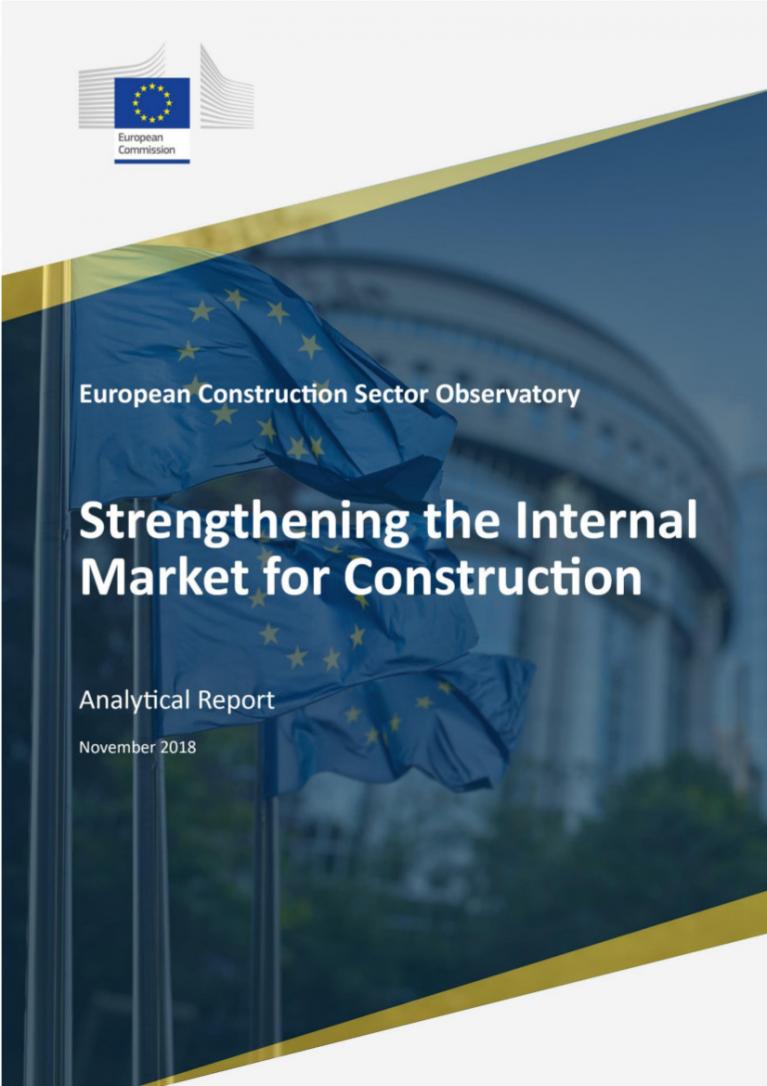
The internal market of the European Union (EU) guarantees the free movement of goods, services, capital and labour throughout the Union, where citizens are free to live, work, study and do business. This analytical report provides insights into thematic objective 4, 'Strengthening the internal market for construction'. It gives an overview of the main characteristics of the EU internal market for goods and services. The report presents the main drivers and obstacles to the development of the internal market for construction, assessing the regulatory and non-regulatory aspects separately. It displays the main policy responses adopted by EU countries and highlights best practices and lessons learned from different measures that have been taken to support the construction sector in the single market.
- ECSO document type
- Analytical Report
- ECSO focus area
- EU internal market for construction

The report aims to draw a snapshot of the current trends with regard to the internationalisation of the construction sector in the EU-28. More specifically, it provides a high-level analysis of internationalisation trends of European construction firms, focusing on the quantitative analysis of trade flows in construction products and services within and outside the EU. The report also dives into the drivers and obstacles to the internationalisation of the construction sector. In this context, it provides an overview of the international opportunities that drive expansion abroad, in particular the growth potential of emerging markets, key developments in trade negotiations, as well as economic relations with developing countries. At the same time, it takes stock of the obstacles faced in international expansion, namely persisting regulatory barriers, e.g. in public procurement and standardisation, and overall challenges for SMEs. Lastly, the report focuses on the main policy responses to support internationalisation at EU and national level, highlighting best practices and lessons learned from various national and EU programmes.
- ECSO document type
- Analytical Report
- ECSO focus area
- Internationalisation of construction enterprises
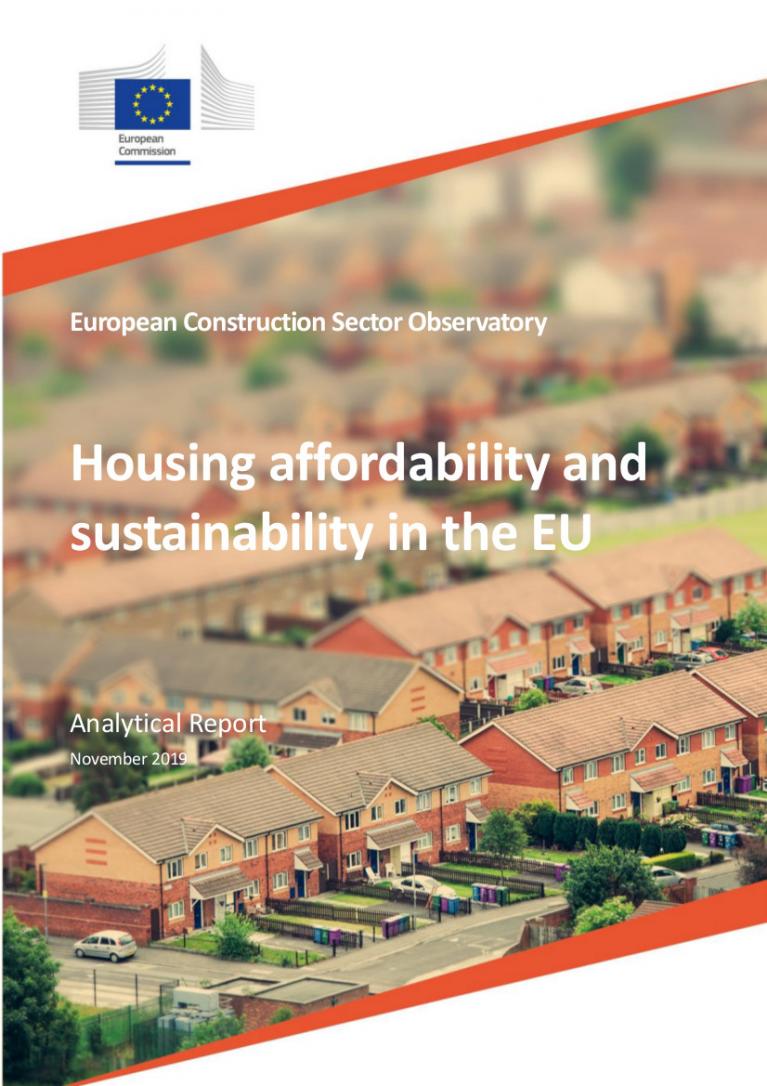
The report provides a comprehensive overview of housing market characteristics as well as housing affordability in the EU-28, using the latest statistical data to identify common trends and deliver a detailed picture of housing in Europe. The report assesses the state of play of housing affordability and sustainability, analysing some of the key drivers and obstacles. Furthermore, policy insights and lessons learnt from EU countries are highlighted.
- ECSO document type
- Analytical Report
- ECSO focus area
- Housing affordability and sustainability
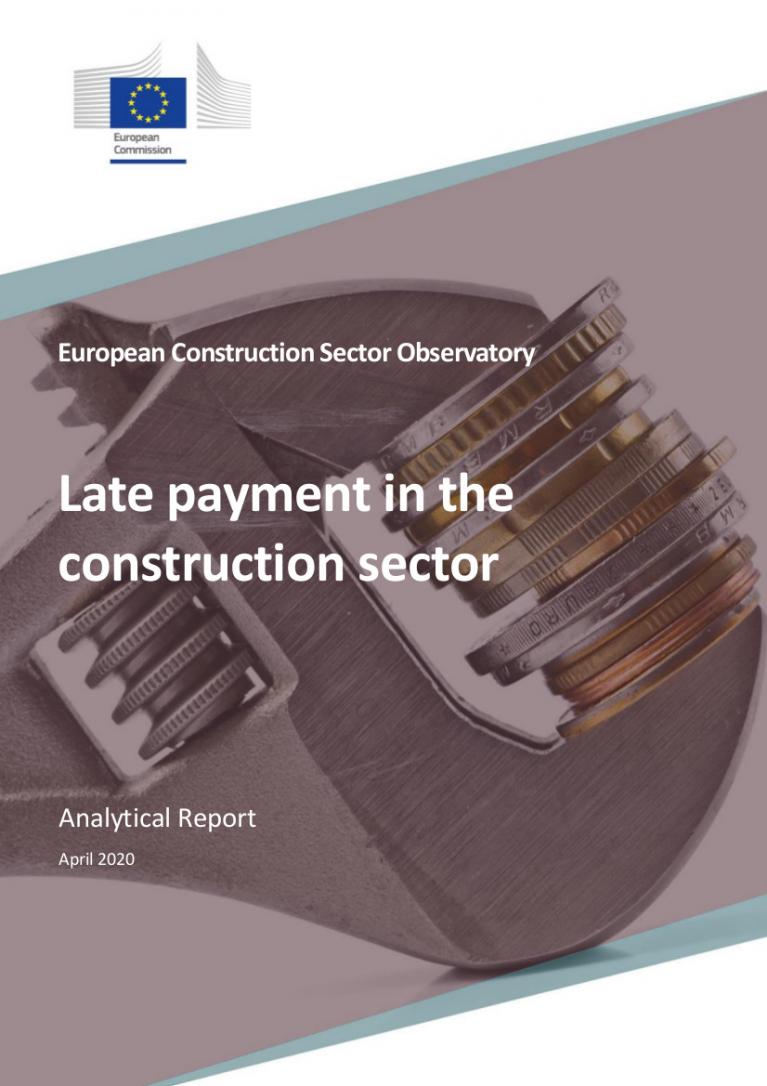
The report provides an analysis of the state of play and impact of late payment on the European construction sector, by analysing in detail the situation with late payment in five countries: France, Ireland, Italy, Spain and the United Kingdom. The analytical report looks in detail at the causes of late payment in the construction sector, and notably their links with the fragmentation of the construction supply chain and the specifics of payment processes or disputes in the construction sector. To tackle this issue, policymakers across Europe developed several policies and initiatives, including the adoption of stricter regulations, ensuring transparency of payment practice, better invoice management, dispute resolution systems & sanctions as well as awareness-raising. Finally, the report provides a set of lessons learnt from policymakers on how to tackle the issue in the EU.
- ECSO document type
- Analytical Report
- ECSO focus area
- Late payment
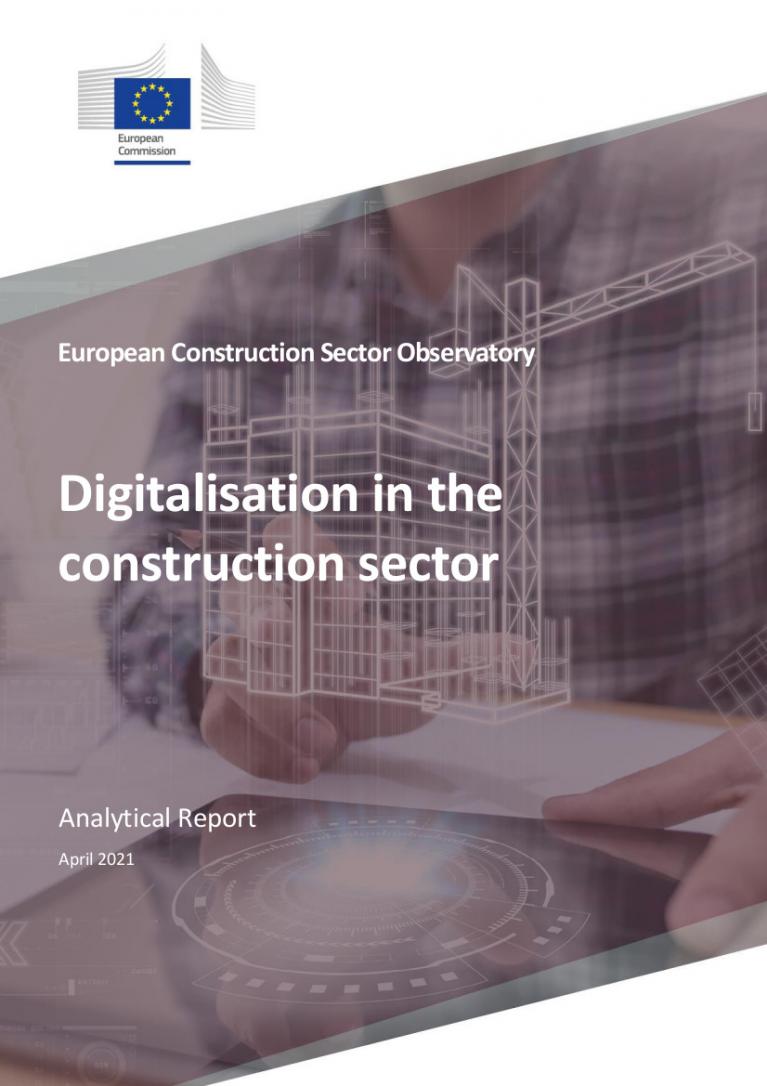
The integration of digital technologies is a key element in overcoming the biggest hurdles of the construction sector, such as labour shortages, competitiveness, resource and energy efficiency, and productivity. This report presents the current levels of digital technology adoption, the various policies and initiatives in place, as well as the drivers and challenges of digitalisation across the EU-27. It concludes by highlighting a set of lessons learnt and policy recommendations on how EU policy-makers can best support the EU construction sector.
- ECSO document type
- Analytical Report
- ECSO focus area
- Investment, innovation and digitalisation
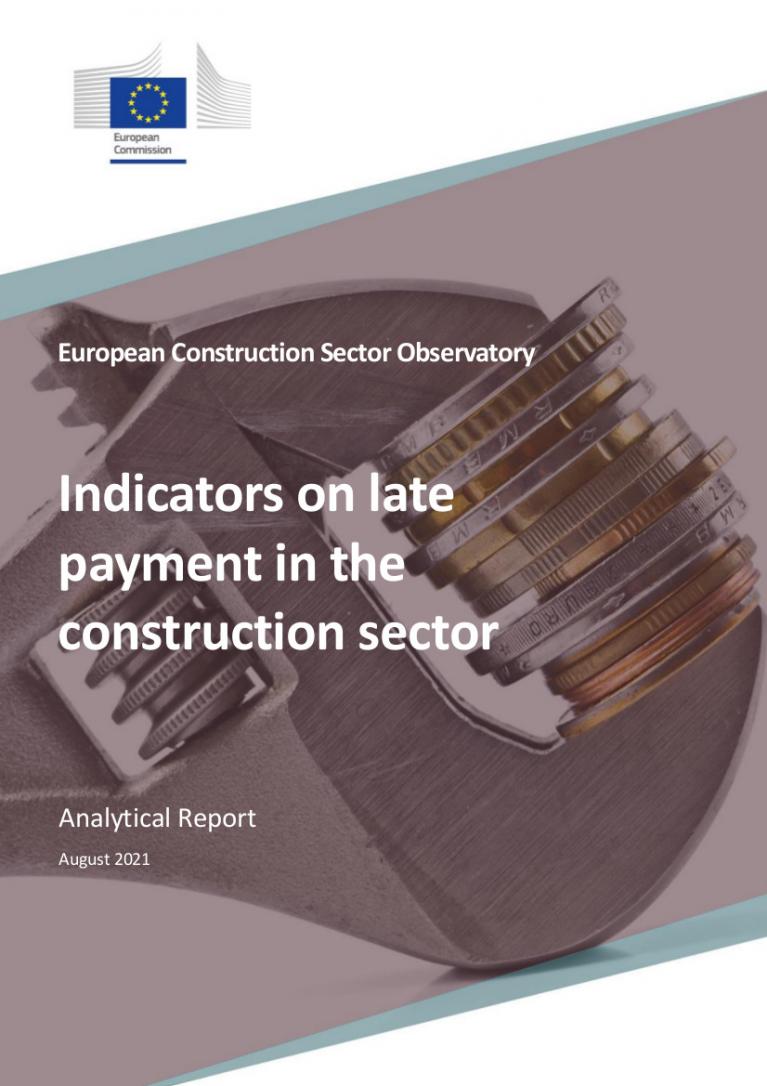
The European construction sector has been afflicted by late payments for a long time. In 2020, 41% of construction companies accepted longer payment periods to avoid bankruptcy (the highest share among economic sectors); and 42% of companies stated that late payment was a threat to their survival. The issue of late payment has amplified during the COVID-19 pandemic, putting further pressure on European construction companies.
The Analytical Report provides insights on indicators that capture the causes, state of play, impact and remedial corrective measures of late payments in the EU-27. These are expected to feed into the development of the upcoming EU Late Payment Observatory.
- ECSO document type
- Analytical Report
- ECSO focus area
- Late payment
